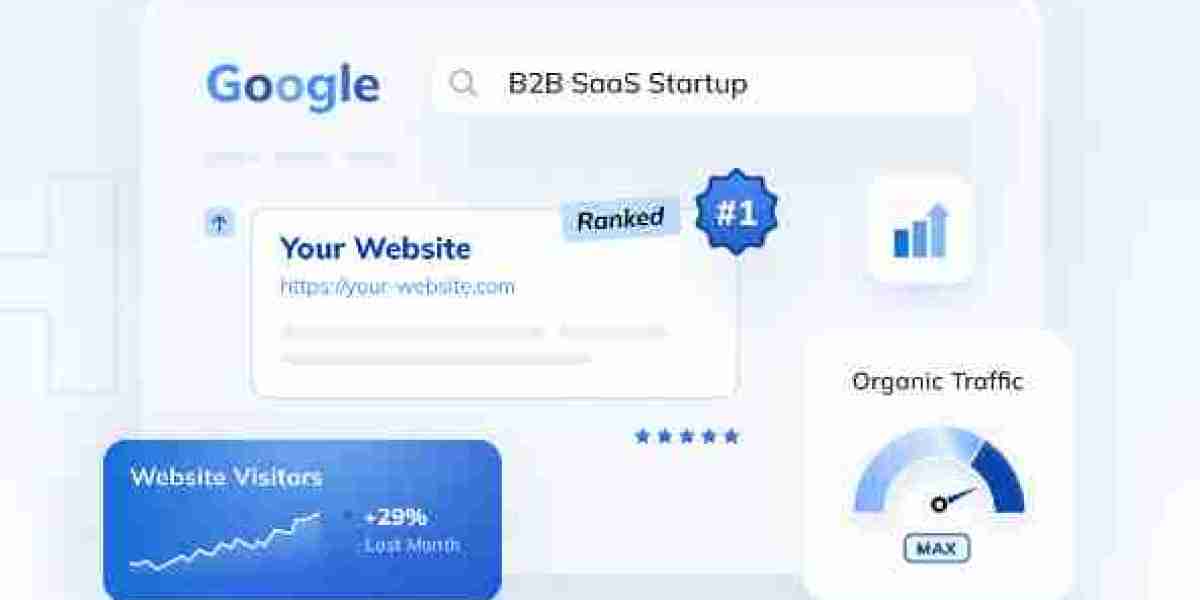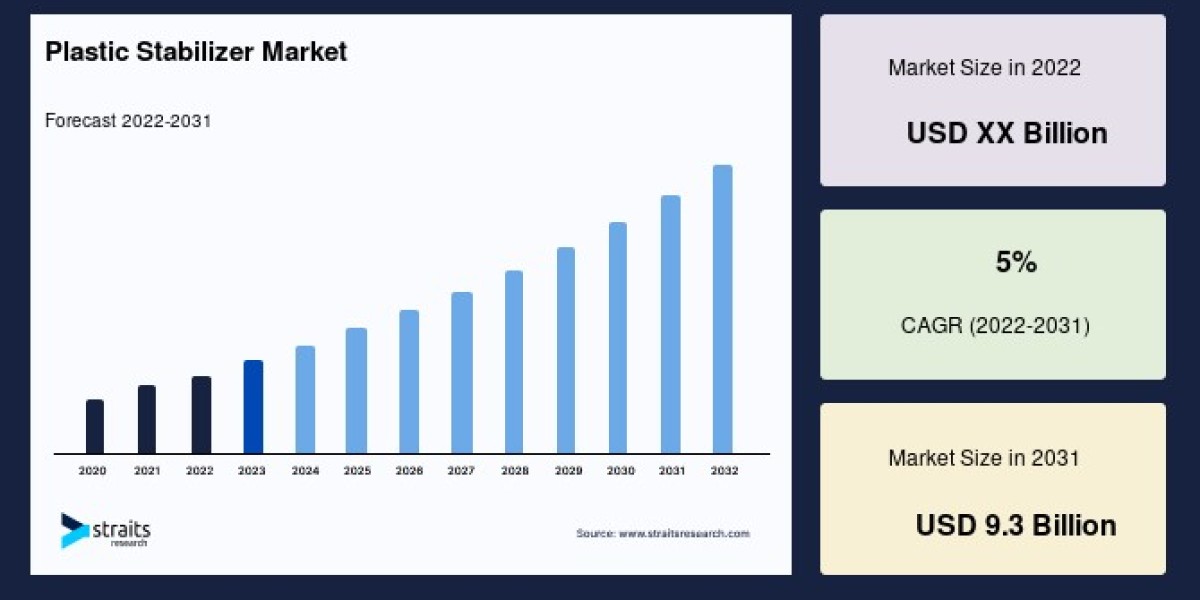Search Engine Optimization (SEO) plays a vital role in ensuring that a company's digital footprint is visible to potential clients. To achieve and sustain high search engine rankings, B2B SaaS agencies rely on a range of SEO tools and technologies. This article delves into the top SEO tools and technologies that are essential for B2B SaaS agencies, exploring their features, benefits, and how they contribute to effective SEO strategies.
The Importance of SEO for B2B SaaS Agencies
Before diving into specific tools, it’s important to understand why SEO is so critical for B2B SaaS companies. Unlike B2C (Business to Consumer) companies, B2B SaaS agencies deal with complex products and services often requiring longer sales cycles. Therefore, SEO efforts must be targeted, strategic, and data-driven to effectively reach decision-makers and influencers within organizations.
Effective SEO helps B2B SaaS agencies:
- Increase Visibility: Appearing on the first page of search engine results enhances visibility and credibility, leading to higher traffic and brand awareness.
- Generate Leads: High-quality SEO attracts targeted traffic, increasing the likelihood of converting visitors into leads.
- Establish Authority: High rankings for relevant keywords help establish authority and thought leadership in the industry.
- Improve User Experience: SEO practices often overlap with improving user experience, such as optimizing site speed and mobile responsiveness.
Essential SEO Tools for B2B SaaS Agencies
1. Google Analytics
Google Analytics is an indispensable tool for any SEO strategy. It provides valuable insights into website traffic, user behavior, and conversion metrics. For B2B SaaS agencies, it helps in:
- Tracking Visitor Behavior: Understanding how visitors interact with the site, including which pages they visit and how long they stay.
- Measuring Campaign Effectiveness: Evaluating the performance of SEO campaigns and content marketing efforts.
- Identifying Traffic Sources: Determining which channels (organic search, referral, social media) drive the most traffic.
2. Google Search Console
Google Search Console (GSC) is a powerful tool for monitoring and improving a website’s presence in Google search results. Key features include:
- Performance Reports: Insights into search queries, click-through rates (CTR), and average rankings.
- Indexing Status: Monitoring which pages are indexed and identifying any crawling errors.
- Sitemap Submission: Ensuring that Google can access and crawl all relevant pages.
3. Ahrefs
Ahrefs is a comprehensive SEO tool that provides in-depth analysis and data for improving search rankings. It is particularly useful for B2B SaaS agencies due to its:
- Backlink Analysis: Detailed information on backlinks and their impact on domain authority.
- Keyword Research: Identifying high-potential keywords and analyzing competitor keyword strategies.
- Content Research: Discovering popular content and trends within the industry.
4. SEMrush
SEMrush is another leading SEO platform known for its versatile features:
- Keyword Magic Tool: Extensive keyword research capabilities to uncover new opportunities.
- Site Audit: Comprehensive site audits to identify and rectify technical SEO issues.
- Competitive Analysis: Insights into competitors’ strategies, including their top-performing keywords and backlink sources.
5. Moz Pro
Moz Pro offers a suite of SEO tools designed to enhance search visibility and site performance. Features include:
- Keyword Explorer: Analyzing keyword opportunities and tracking keyword performance.
- Site Crawl: Detecting and addressing on-page SEO issues and site health problems.
- Link Explorer: Analyzing backlink profiles to strengthen link-building strategies.
6. Screaming Frog SEO Spider
Screaming Frog SEO Spider is a desktop program that crawls websites to provide detailed SEO reports. Its features include:
- Crawl Analysis: Identifying broken links, duplicate content, and meta tag issues.
- Site Structure Visualization: Mapping out site structure to enhance internal linking and navigation.
- Custom Extraction: Extracting specific data from web pages for detailed analysis.
7. Yoast SEO
Yoast SEO is a popular WordPress plugin that simplifies on-page SEO:
- Content Analysis: Provides real-time feedback on content optimization for targeted keywords.
- Readability Check: Ensures content is easy to read and engaging for users.
- XML Sitemaps: Automatically generates sitemaps to help search engines crawl and index content.
8. BuzzSumo
BuzzSumo focuses on content research and influencer identification:
- Content Discovery: Identifies high-performing content and trending topics within the industry.
- Influencer Outreach: Finds and connects with influencers who can amplify your content.
- Competitive Analysis: Analyzes competitor content strategies and performance.
9. Surfer SEO
Surfer SEO combines on-page optimization with data-driven insights:
- Content Editor: Provides guidelines for optimizing content based on current top-ranking pages.
- SERP Analyzer: Analyzes SERP data to identify ranking factors and opportunities.
- Audit Tool: Offers actionable recommendations for improving on-page SEO.
10. GMB (Google My Business) Insights
For agencies with local SEO needs, Google My Business (GMB) Insights is essential:
- Performance Metrics: Tracks how customers find and interact with your business listing.
- Customer Actions: Measures actions such as calls, website visits, and direction requests.
- Review Management: Monitors and responds to customer reviews, which impact local SEO.
SEO Technologies and Practices
In addition to tools, several technologies and practices are crucial for optimizing SEO for B2B SaaS agencies:
1. Artificial Intelligence and Machine Learning
AI and machine learning technologies are increasingly influencing SEO:
- Content Personalization: AI-driven tools personalize content recommendations based on user behavior and preferences.
- Predictive Analytics: Machine learning algorithms predict trends and user behavior to inform SEO strategies.
- Automated Insights: AI tools generate actionable insights and recommendations for improving SEO performance.
2. Voice Search Optimization
With the rise of voice-activated devices, optimizing for voice search is becoming important:
- Natural Language Processing: Crafting content that matches the conversational tone and queries used in voice searches.
- Featured Snippets: Targeting featured snippets to capture voice search results.
3. Mobile Optimization
Mobile optimization is essential as mobile traffic continues to rise:
- Responsive Design: Ensuring websites are fully responsive and provide a seamless experience across devices.
- Page Speed Optimization: Improving load times to enhance user experience and meet mobile performance standards.
4. Schema Markup
Schema markup helps search engines understand the context of your content:
- Rich Snippets: Enhances search results with additional information such as ratings, reviews, and event details.
- Local SEO: Improves local search visibility with location-based schema data.
5. Content Management Systems (CMS)
A robust CMS can streamline SEO efforts:
- Customizable Meta Tags: Easily manage and update meta titles and descriptions.
- SEO Plugins: Integrate SEO plugins and tools to enhance on-page optimization.
6. Data Analytics Platforms
Advanced analytics platforms provide deeper insights:
- Big Data Analysis: Analyzing large datasets to uncover trends and patterns in user behavior.
- Predictive Modeling: Using data to forecast future trends and optimize SEO strategies accordingly.
Best Practices for Implementing SEO Tools and Technologies
To effectively utilize SEO tools and technologies, consider the following best practices:
- Integrate Tools for Comprehensive Analysis: Use a combination of tools to gain a holistic view of SEO performance, from keyword research to site audits.
- Regularly Update and Monitor: Continuously monitor and update SEO strategies based on the latest data and trends.
- Focus on User Experience: Ensure that SEO efforts align with improving overall user experience, including site speed and mobile usability.
- Leverage Data-Driven Insights: Make informed decisions based on data and insights provided by SEO tools and technologies.
- Stay Updated with Industry Changes: SEO is a dynamic field, so staying informed about new tools, technologies, and best practices is crucial.
Conclusion
For B2B SaaS SEO Agency, leveraging the right SEO tools and technologies is essential for achieving and maintaining a competitive edge. From comprehensive platforms like Google Analytics and SEMrush to specialized tools like Screaming Frog and BuzzSumo, each tool offers unique features that contribute to a successful SEO strategy. By integrating these tools and adopting best practices, B2B SaaS agencies can enhance their online visibility, attract targeted traffic, and ultimately drive growth.


